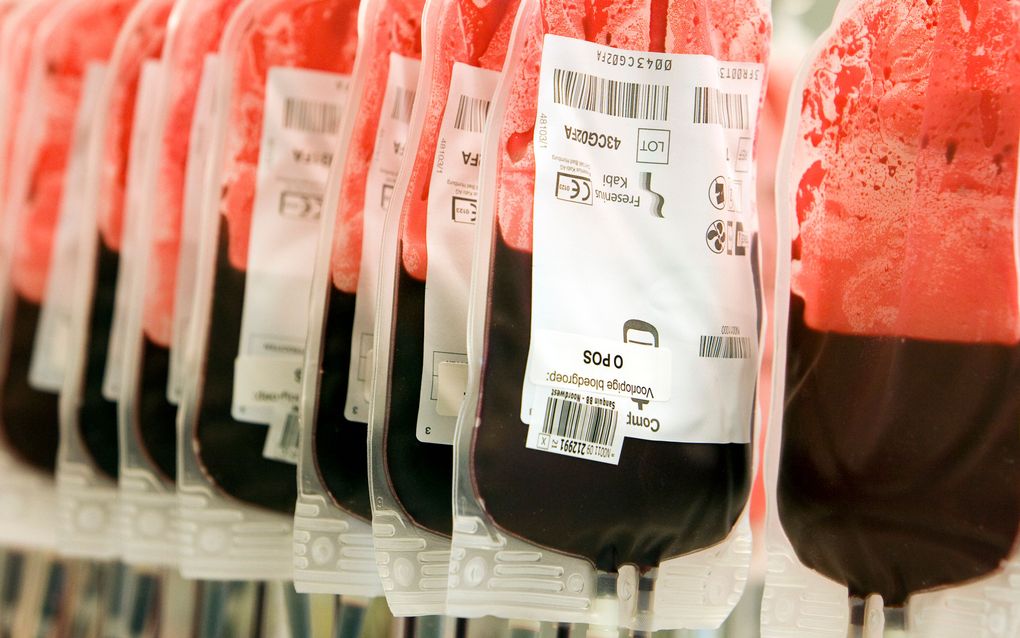Danish Court: Blood transfusion to unconscious Jehovah’s Witness was legal

Photo ANP, Lex van Lieshout
Northern Europe
Is it illegal to give an unconscious patient a blood transfusion that he probably does not want for religious reasons? The Danish Supreme Court does not think it is.
The court ruled so in a case where a member of the faith community Jehovah’s Witnesses underwent a blood transfusion in 2014. The male patient was admitted into the hospital after a fall from a roof. This reports the Danish broadcaster DR. Although the unconscious man wore a card which said that he did not want a blood transfusion, the hospital did give him one. In the end, it did not help the patient. He never regained consciousness and died four weeks after the incident.
That was not the end of the story though. The man’s wife went to court after the Danish Agency for Patient Complaints found that the hospital did nothing wrong. In 2020, the Eastern High Court ruled that the transfusion is contrary to the husband’s right to self-determination and freedom of religion after the European Human Rights Convention.
However, the Supreme Court, the highest court in Denmark, disagrees with this. Among other things, because the patient was in danger of death, the blood transfusion was “required for his survival”, the verdict reads. This is reported by the regional broadcaster TV2/Fyn.
Unconscious
Besides, the card alone did not meet the requirement in the Danish Health Act, which states that “a refusal to receive blood must be given on an informed basis in connection with the current disease situation.” The court argues that, since the man was unconscious, he could not make an informed decision.
Although the Court’s verdict is clear. The case leads Leif Vestergaard Pedersen, chairman of the Danish Council of Ethics, to say that it should be possible to say no in advance to treatments such as blood transfusions and cardiac arrest.
“As I immediately look at it, an adult and competent person should have the opportunity to renounce a treatment if one does not want a treatment”, Vestergaard says to Danish press agency Ritzau. According to Vestergaard, this means that someone should go to a General Practitioner to consult medics and make an informed decision.
The idea that someone should be able to refuse a blood transfusion or cardiac arrest treatment has currently not been debated in the Council of Ethics, but Vestergaard will bring this to the table the next time the Council gathers.
Bible
Jehovah’s Witnesses believe that the Bible prohibits Christians from accepting blood transfusions. On the basis of various biblical texts, they believe that blood represents life and is sacred to God. After it has been removed from a creature, the only use of blood that God has authorised is for the atonement of sins. When a Christian abstains from blood, they are in effect expressing faith that only the shed blood of Jesus Christ can truly redeem them and save their life. This doctrine was introduced in 1945 and has undergone some changes since then.
Members of the group who voluntarily accept a transfusion and are not deemed repentant are regarded as having disassociated themselves from the group by abandoning its doctrines and are subsequently shunned by members of the organisation.
Related Articles






